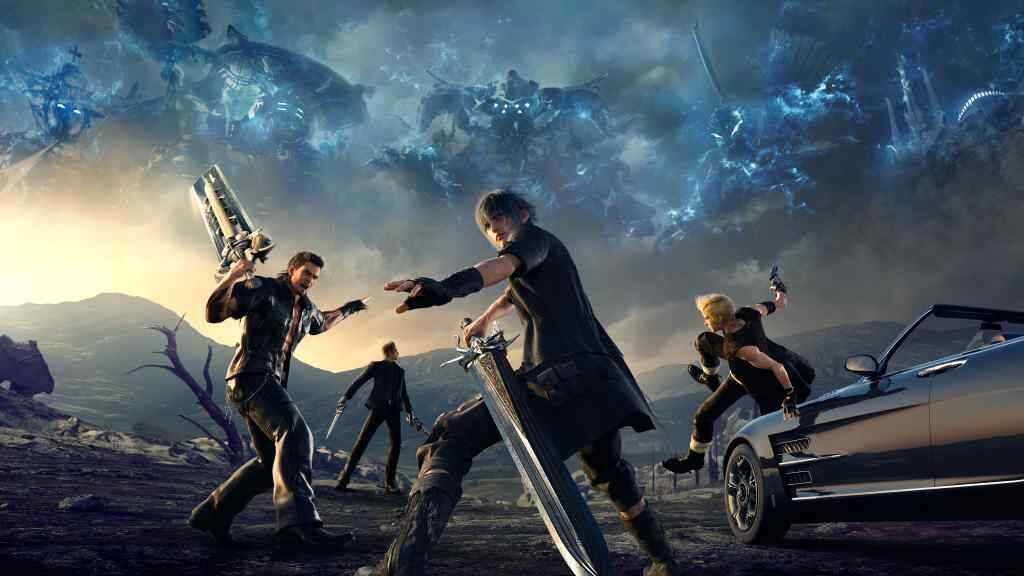Video gaming has changed a lot since its inception decades ago and imagine now with the inclusion of VR Streaming Services on the scene. Combine that with our ever-increasing tech advances and the internet’s influence on how we interact with the
world, and it’s easy to see how gaming has shifted from after-school hobby to full-onlifestyle.

In the vast realm of gaming, there are numerous genres that cater to a wide array of preferences. Among these, Role-Playing Games (RPGs) and Massively Multiplayer Online Role-Playing Games (MMORPGs) stand out as two distinct categories, each offering a unique gaming experience. In this article, we delve into the key disparities between RPGs and MMORPGs, shedding light on the defining characteristics that set them apart.
-
Scope and Scale:
- RPG (Role-Playing Game): Traditional RPGs are often single-player or local multiplayer games that focus on a player’s immersion in a carefully crafted narrative. The storyline typically unfolds through the protagonist’s actions and decisions, leading to a personalized gaming experience. These games are often known for their detailed character development and intricate plotlines.
- MMORPG (Massively Multiplayer Online Role-Playing Game): MMORPGs take the RPG experience to a grand scale by hosting thousands, if not millions, of players in a persistent online world. The expansive virtual landscapes are shared by players globally, allowing for real-time interaction, collaboration, and competition. MMORPGs often feature massive, open worlds with diverse regions to explore, fostering a sense of community and connectivity.
-
Online Interaction:
- RPG: Interaction in traditional RPGs is primarily confined to local multiplayer or, in some cases, asynchronous online components. The focus is on the individual’s journey within the game world, and the storyline is typically predetermined, offering limited opportunities for player-driven changes.
- MMORPG: The defining feature of MMORPGs is the persistent online environment, where players coexist and interact in real-time. Social aspects, such as forming parties, trading items, and engaging in player-versus-player (PvP) combat, are integral to the MMORPG experience. The virtual world is alive with the activities of countless players, creating a dynamic and ever-evolving landscape.
-
Gameplay Dynamics:
- RPG: Traditional RPGs often follow a linear or branching narrative, with a set progression of quests or missions. The gameplay is generally designed for solo or small-group experiences, allowing players to focus on character development and storyline advancement.
- MMORPG: The gameplay in MMORPGs is characterized by its dynamic nature. Players can engage in various activities, including quests, dungeons, raids, crafting, and trading. The evolving world and constant influx of new content contribute to an ongoing, ever-changing gaming experience.
-
Economy and Crafting:
- RPG: Economy and crafting mechanics in traditional RPGs are typically simplified and may not be the central focus. Players might collect resources and craft items, but these aspects are often secondary to the main storyline.
- MMORPG: MMORPGs often feature complex player-driven economies and extensive crafting systems. Players can gather resources, create items, and participate in a virtual marketplace where goods and services are exchanged. The in-game economy becomes a vibrant ecosystem shaped by player actions.
Conclusion:
While both RPGs and MMORPGs share the common thread of immersive role-playing experiences, the key differences lie in the scope, scale, and online interactivity. Traditional RPGs offer a more intimate and personalized journey, whereas MMORPGs create vast, interconnected worlds where players contribute to a living, breathing virtual community. Ultimately, the choice between the two depends on individual preferences, with each genre offering a unique and captivating gaming adventure. Below you can whach some examples about what is RPG.
TechBusinessHQ is a platform about business insights, Tech, News, SEO, 4IR, digital transformation, AI, Blockchain, Cybersecurity, and social media for businesses.
We manage social media groups with more than 200,000 members with almost 100% engagement.







